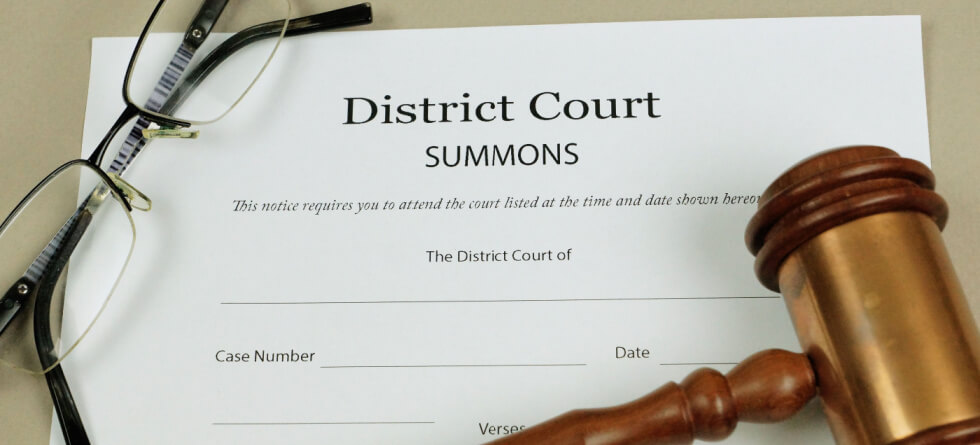The most common type of bail is a surety bond, obtained through a bail bondsman. With a surety bond, the bondsman guarantees the court that the defendant will appear for their court date. The defendant pays a non-refundable fee to the bondsman, and the bondsman pays the full bail amount to the court.
There are several common types of bail, including cash bail, property bond, surety bond, and release on recognizance (ROR).
Cash bail is the most straightforward type, where the defendant or someone on their behalf pays the total amount of the bail in cash to the court. This can significantly burden some defendants and their families, as bail amounts are often relatively high.
A property bond is another type of bail where the defendant or someone on their behalf uses the property, such as a home or vehicle, as collateral for the bail amount. The court may seize the property if the defendant fails to appear.
Surety bonds are issued by a bail bondsman or company, who pays the full bail amount to the court in exchange for a fee, usually around 10% of the total bail amount. The defendant or their family typically provides collateral, such as a car or house, to secure the bond.
Finally, release on recognizance (ROR) is a type of bail where the court releases the defendant based on their promise to appear for all scheduled hearings. This is typically reserved for defendants with a low risk of flight or danger to the community.
It’s important to note that the specific type of bail used can vary depending on the circumstances of the case and the jurisdiction. If you have questions about the bail process in Wichita or your specific case, it’s best to consult with an attorney or contact the court directly.






